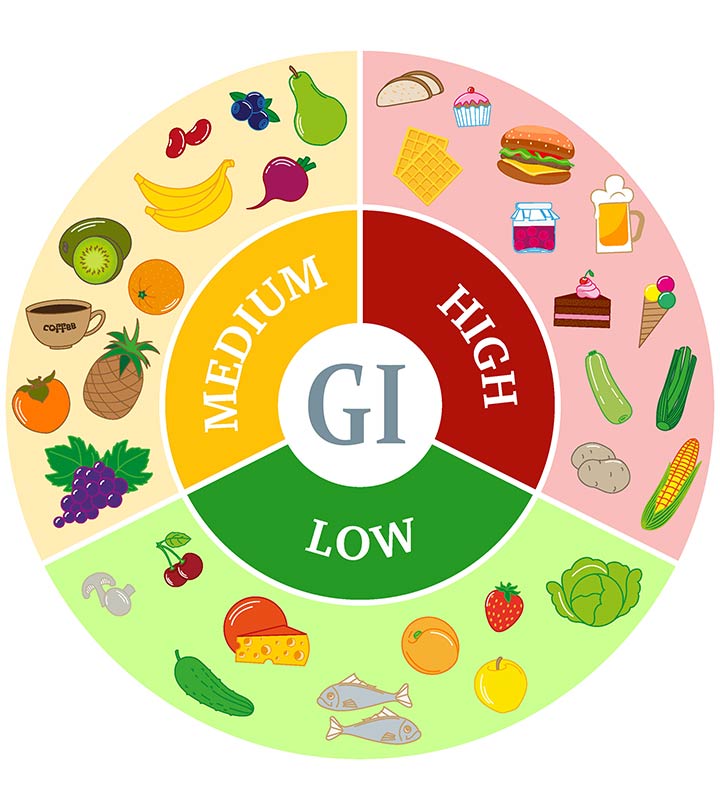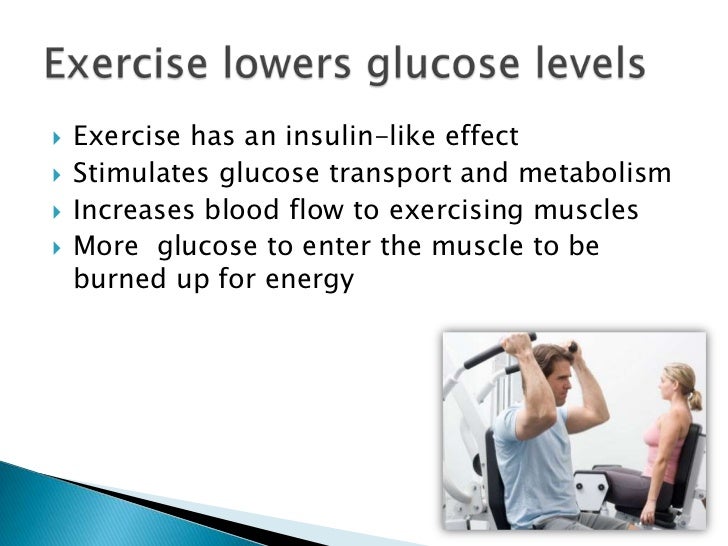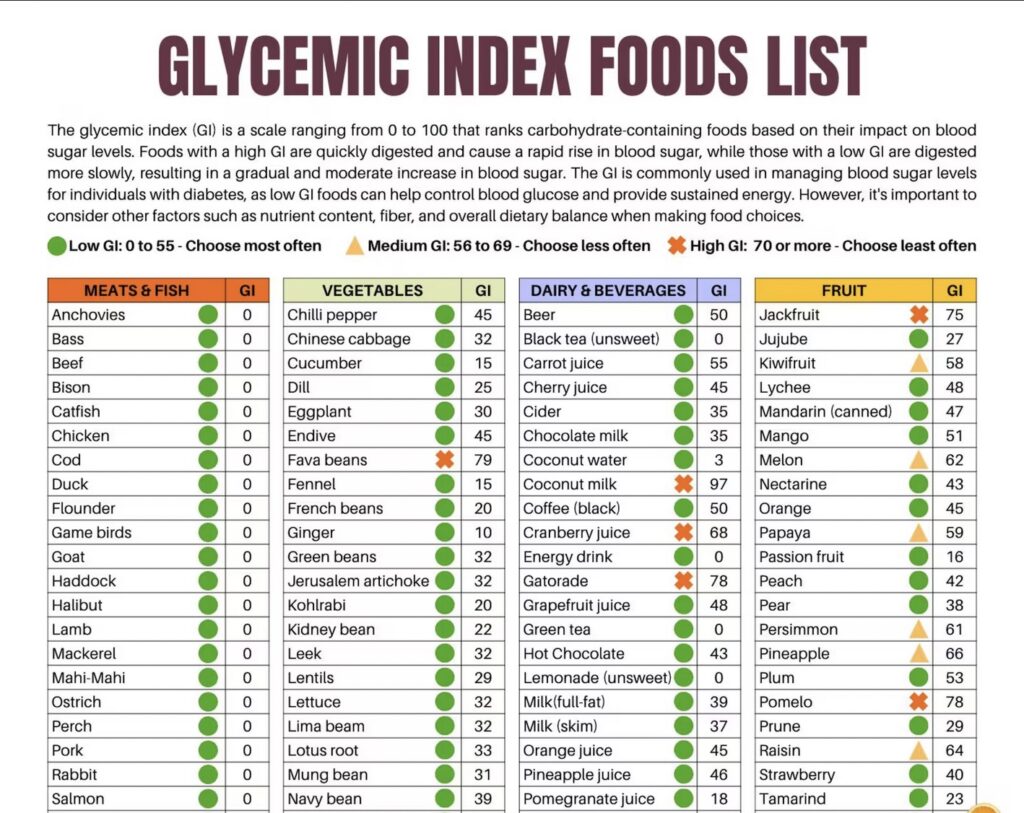
Research on Glycemic Index:
- Short-term outcomes (e.g., satiety).
- Long-term health outcomes (e.g., weight, cardiovascular disease, and type 2 diabetes).
The strongest intervention studies typically found little relationship between GI/glycemic response (GR) and physiological measures of disease risk, including:
- Body weight.
- Cardiometabolic disease risk, including:
- Diabetes.
- Cardiovascular disease risk.
Thus, the authors concluded “it is unlikely that the GI of a food or diet is linked to disease risk or health outcomes. “
Rather, “other measures of dietary quality – such as fiber or whole grains – may be more likely to predict health outcomes.”

Important Caveats:
Nevertheless, an abundance of research does show that high glycemic food options are not always bad. For example, many athletes will consume simple sugars (or straight glucose) during and directly after long bouts of exercise, when:
1) The body needs glucose or other energy options to fuel and repair the exercise (e.g., Jeukendrup 2004).
2) Insulin receptors are up-regulated, ensuring the energy taken in goes directly to the muscles for use/repair (rather than fat storage)(e.g., Kojima et al., 2022; Borghouts & Keizer 2000).

St. Patrick’s Day Hot Take: Choose Cabbage Over Corned Beef
As we don our festive hues of green, St. Patrick’s Day brings a fresh take on tradition with a focus on cabbage, a leafy powerhouse

Bountiful Greens: A Nutrient-Rich Delight
In the treasure trove of nutrition and diet, there lays a brilliant emerald: dark leafy greens. Whether it’s St. Patrick’s Day or any ordinary day,

Let’s Talk About Smoothies II
Let’s Talk About Smoothies Smoothies are all the rage these days, but are they really all they’re cracked up to be? From the green vegetable


